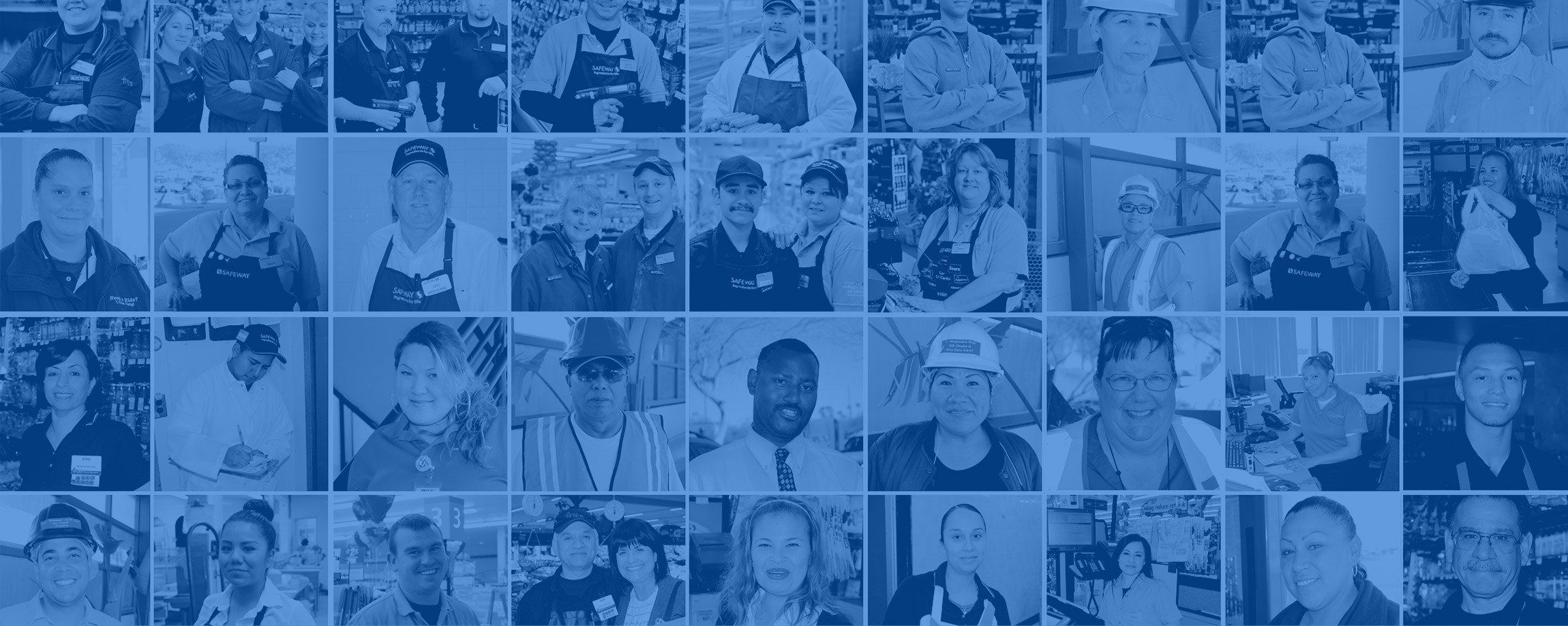I’ve been voting by mail for more than 20 years, chiefly because it’s more convenient than the alternative. In these days of the coronavirus pandemic, it is also a heck of a lot safer than waiting for hours in a line to sign in and get to a voting booth.
Some people say waiting in long lines to vote is no worse than waiting in lines at grocery stores, hardware stores and banks. I shake my head at this comparison. Even if we didn’t have to deal with a deadly and highly contagious virus, how many of these people would be willing to stand in line for as long as five hours at any of these places, especially when they can make their purchases and conduct their financial transactions from the comfort of their homes?
We need to make voting easier, not harder. I vote in every election because I feel it is the most fundamental obligation of every adult citizen in our democracy. As a thoughtful and engaged union member, you probably feel the same.
So, why are some people trying to make it more difficult to vote?
In many states, officials are shutting down polling places and disqualifying people as voters for no good reason. They’re laying down new requirements that make it especially more difficult for low-income people to register to vote or cast their ballots.
They say these changes are necessary to eliminate voter fraud, but they’re not able to provide more than a handful of instances when this has actually happened.
Maybe they aren’t really worried about voter fraud. Maybe they’re worried instead about the “wrong” kind of people voting the “wrong” way in the eyes of these officials.
There’s a term that political operatives use for trying to reduce participation by people who vote the “wrong way.” It’s called voter suppression.
In 2020, the latest target for the vote-suppressors is the absentee ballot, also called the “vote by mail” ballot. Some leaders and organizations are trying to block expansion of this institution through lawsuits and drawing false distinctions between vote-by-mail, which is allegedly not OK, and absentee voting, which is assumed to be OK. (They are actually the same thing.)
Now, they’re even trying to bankrupt the United States Postal Service, which was founded by Benjamin Franklin and is featured in the Constitution as one of the essential institutions of the federal government.
People have been voting by mail since the 19th century without any significant controversy. As I said, I’ve been choosing to vote by mail for more than 20 years. For the recent primary election in Arizona, I voted three weeks early!
I’m not alone. Approximately 33 million postal ballots were cast in the 2016 presidential election, amounting to a quarter of all ballots cast. Some jurisdictions, like the state of Washington, have been relying exclusively on vote-by-mail for many years without any sign of abuse.
In Utah, 90% of voters have been using vote-by-mail, and Nevada and California have adopted universal vote-by-mail procedures, though individuals will still have options for voting at voting places. New Mexico is sending out mail ballot applications to every registered voter eligible to participate.
A recent NBC News/Wall Street Journal poll found that 58% of American voters would favor nationwide election reform to allow everyone to vote by mail.
Especially during the current viral pandemic, vote-by-mail is the logical alternative to waiting for hours at the dwindling number of traditional in-person voting sites.
If we want to be true to the principles of American democracy — as all of us should be — we should embrace and strengthen the time-honored institution of voting by mail.
